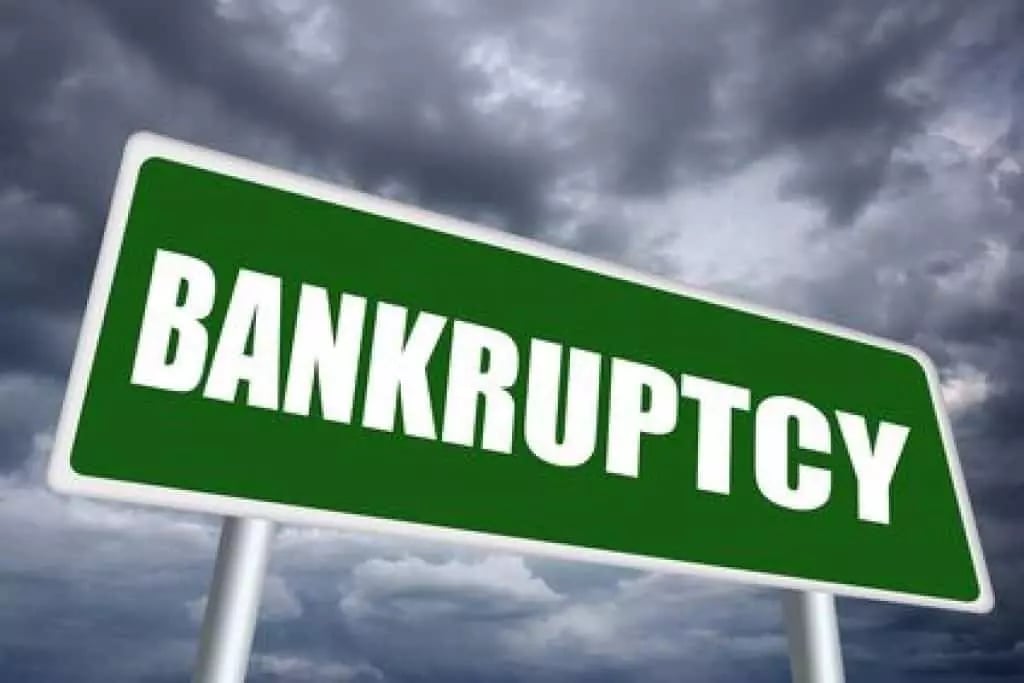
Understanding the pros and cons of bankruptcy can help you make a better decision to pursue bankruptcy or not. This article presents some pros and cons of bankruptcy that you should consider.
There are instances when filing for bankruptcy is the only sensible solution. Since the amendment of the new bankruptcy law, it is mandatory that consumers complete a credit counseling course at least six months prior to bankruptcy. This is so that if there are other solutions available, the person doesn’t have to go through the whole bankruptcy process.
Once bankruptcy is filed, the applicant must take up the Income Means Test to determine which type of bankruptcy he/she would be eligible for. A Chapter bankruptcy discharges the borrower from all debts while a Chapter 13 bankruptcy places the borrower under a repayment program which may last up to 5 years.
The Cons of Bankruptcy
A bankruptcy record is a derogatory mark and it will stay on your personal credit report for seven years. Applying for new accounts may be difficult with a record of bankruptcy in your name. Nevertheless, opening a new account isn’t an impossible feat. By doing your research, you should be able to find a reliable lending company that will grant approval.
You can rebuild your credit history over time but completely regaining good credit status can be a slow process. Remember that after bankruptcy, your past credit history would be deleted and you would have to start from scratch. Of course, you’ll need to open new accounts to be able to keep up with your payments religiously.
Going through a bankruptcy procedure requires money and time. Make sure that you fill out the bankruptcy documents correctly. It is advisable to get assistance from a bankruptcy attorney. Many lawyers that specialize in bankruptcy cases require a small service charge but it is up to you to ensure that you’ll be hiring someone with experience and someone you can trust.
Should Your File for Bankruptcy?
This can be a difficult question to answer especially when you’re in the middle of a bad debt situation. To be able to come up with the right decision, you should carefully weigh your alternatives and study your financial situation. Never make hasty decisions.
If you’re really confused about what to do, consult a reliable credit counselor and ask for professional advice. A legitimate credit counseling agency should be able to help you decide whether bankruptcy is best or whether you can seek out other solutions.
